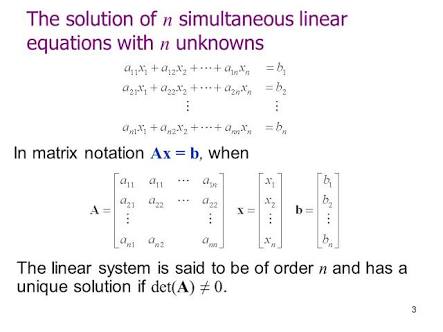Browse by Stream
-
Engineering and Architecture
Exams
Colleges
Predictors
Resources
-
Computer Application and IT
Quick Links
Colleges
-
Pharmacy
Colleges
Resources
-
Hospitality and Tourism
Colleges
Resources
Diploma Colleges
-
Competition
Other Exams
Resources
-
School
Exams
Top Schools
Products & Resources
-
Study Abroad
Top Countries
Resources
-
Arts, Commerce & Sciences
Colleges
Upcoming Events
Resources
-
Management and Business Administration
Exams
Colleges & Courses
Predictors
-
Learn
Law Preparation
MBA Preparation
Engineering Preparation
Medical Preparation
-
Online Courses and Certifications
Top Streams
Specializations
- Digital Marketing Certification Courses
- Cyber Security Certification Courses
- Artificial Intelligence Certification Courses
- Business Analytics Certification Courses
- Data Science Certification Courses
- Cloud Computing Certification Courses
- Machine Learning Certification Courses
- View All Certification Courses
Resources
-
Medicine and Allied Sciences
Colleges
Predictors
Resources
-
Law
Resources
Colleges
-
Animation and Design
Exams
Predictors & Articles
Colleges
Resources
-
Media, Mass Communication and Journalism
Colleges
Resources
-
Finance & Accounts
Top Courses & Careers
Colleges
Get Answers to all your Questions


- Home
- Engineering
- Let and <img alt="\alpha" src="https://learn.careers360.com/latex-image/?%5Cal
Let and
be real. Find the set of all values of
for which the system of linear equations
x + sin
.y + cos
. z = 0
x + cos . y + sin
. z = 0
-x+ sin . y-cos
. z = 0 has a non-trivial solution. For
= 1, The possible values of
are
Option: 1
Option: 2
Option: 3
Option: 4
Answers (1)

As we have learned
Homogeneous system of linear equation -
- wherein

- The given system has a non-trivial solution if
On opening the determinant, we get l = sin 2 a + cos 2 a
For l = 1, sin 2a + cos 2a = 1 Þ
, Hence

/2 satisfies.
View full answer

